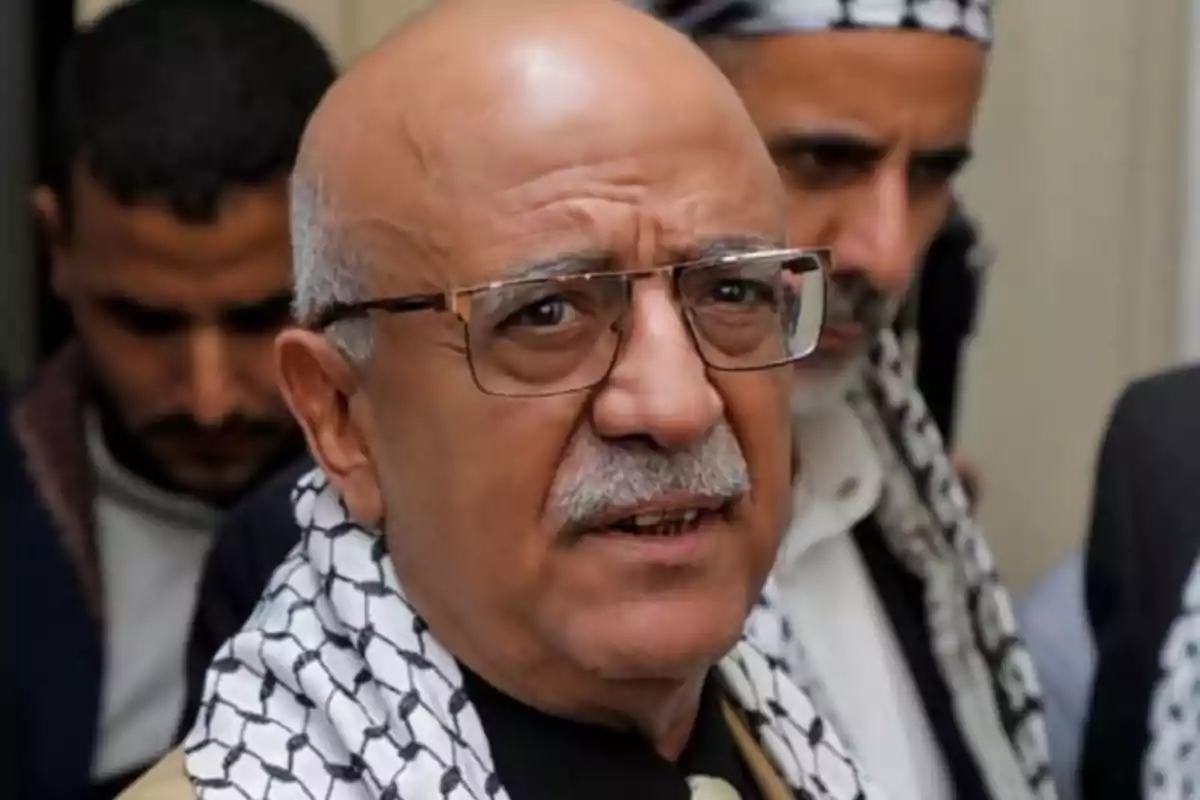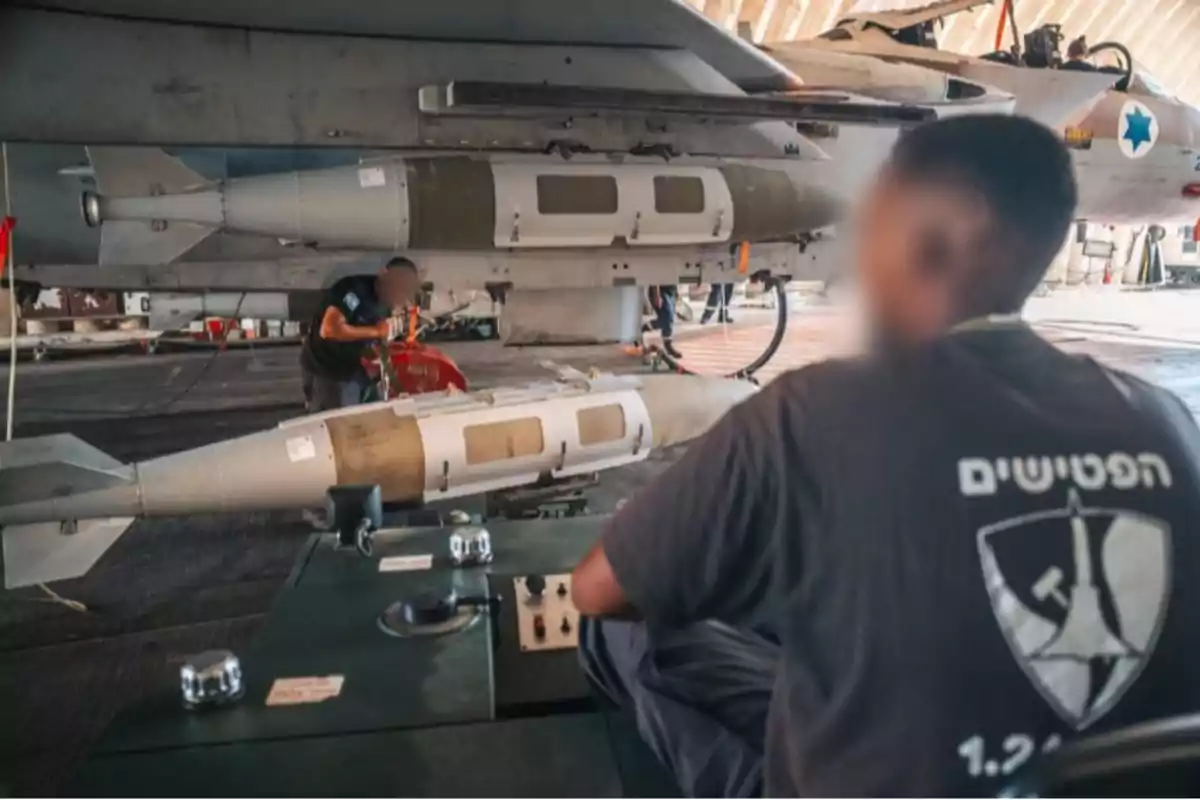
Confirmed: Israel eliminated the Prime Minister of the Houthi terrorists in Yemen
Several ministers were also executed in the airstrike
An airstrike by the Israeli Air Force (IAF) in Sana'a, the capital of Yemen, resulted in a devastating blow to the political leadership of the Houthi terrorists.
The Israeli army confirmed on Saturday night the death of the Houthi prime minister, Ghalib al-Rahawi, along with several of his ministers and senior officials.
According to Israeli Army Radio, those killed include the director of the political bureau, the prime minister's chief of staff, the cabinet secretary, as well as the ministers of Justice, Economy and Trade, Foreign Affairs, Agriculture, and Public Relations. Other officials were seriously injured and are receiving medical treatment.
The attack occurred while senior Houthi officials were watching a televised speech by their leader.
Arab media reported that al-Rahawi was in an apartment with colleagues when he was struck by the missiles, and that residences used by leaders of the organization in the Yemeni capital were also targeted. Some reports even indicate that one of the bombings hit the presidential palace itself.

Despite his position, al-Rahawi was considered a more symbolic than decisive figure within the Houthi structure. The real weight of the government fell on his deputy, Mohamed Moftah, who was appointed on Saturday as the interim head of the prime minister's duties.
After the operation became known, Israel's Defense Minister, Israel Katz, warned: "Yemen's fate is Tehran's fate, and this is only the beginning. The Houthis will learn that whoever threatens Israel receives a blow multiplied by seven."
Katz emphasized that Israel will maintain an offensive policy on all fronts, with the clear message of "kill first whoever comes to kill you".
The attack took place in a context of escalating confrontation. On the same Thursday, Israel had intercepted two drones launched by the Houthis against its territory.
In the past week, the militia fired several ballistic missiles at Israel, without causing casualties, although maintaining the pressure.
Israel began its retaliatory attacks in July 2024, after months of Houthi harassment with missiles and drones, which started in October of the previous year.
The operation in Sana'a, which according to reports included about ten bombings, represents one of the hardest blows against the Houthi political leadership since the beginning of the direct confrontation with Israel.
More posts: